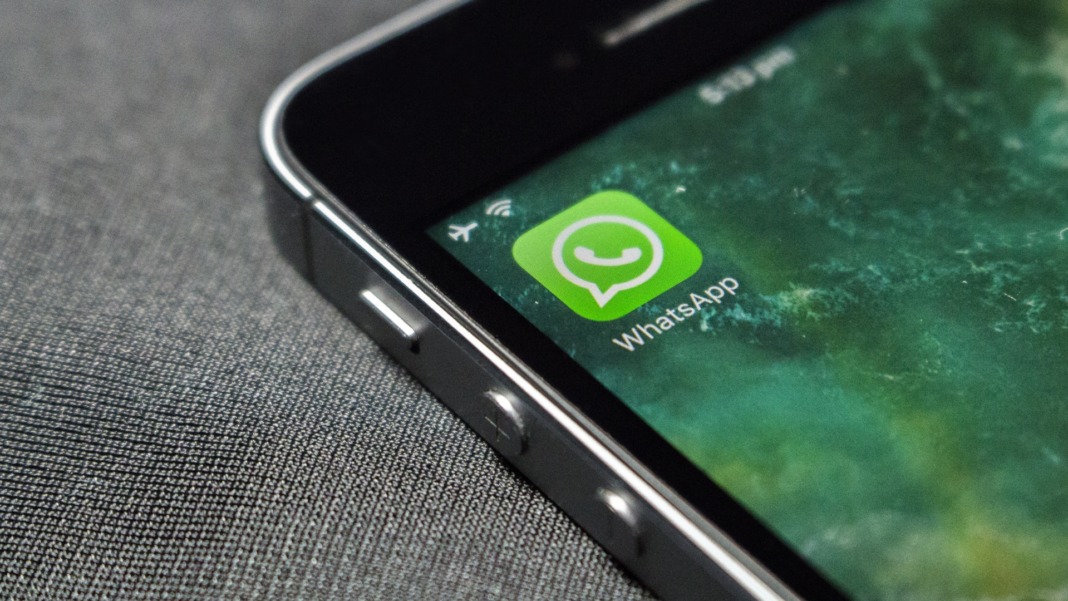Apple has unveiled its latest iPhone 16 lineup, emphasising its new AI-driven system, Apple Intelligence. Among the eye-catching features, you’ll find AI tools that can rewrite emails, create custom emojis, and upgrade Siri significantly. Another less flashy change is happening under the surface: the iPhone now has more RAM.
While Apple doesn’t typically announce RAM specs, sources like MacRumors have confirmed that all iPhone 16 models now include 8GB of RAM. This is a noticeable jump from the 6GB found in last year’s base models. Apple isn’t alone in this move, either. Google also made a similar change in its Pixel 9 lineup last month, with both standard and Pro models seeing their RAM increased to a minimum of 12GB.
AI needs more RAM
The driving force behind these RAM upgrades is artificial intelligence. AI has quickly become the must-have feature for smartphones in 2024, but it’s also quite demanding on memory. Whether or not companies like Apple and Google admit it, they’re upgrading the RAM to keep up with AI’s hefty requirements.
AI systems need to respond instantly when you need them, and the fastest way to do this is by storing them in memory. RAM is much quicker than a phone’s long-term storage, so if the AI models were stored elsewhere, you’d be stuck waiting for the system to load. Even small AI models, like Microsoft’s Phi-3-mini, can take up 1.8GB of space. This means that the more memory the AI takes up, the less there is for other functions on your smartphone.
You can see how this played out with Google’s Pixel phones last year. The Pixel 8 model lacked local AI features due to what Google called “hardware limitations.” The issue, as it turns out, was RAM. Seang Chau, Android VP, explained that the Pixel 8 Pro had 4GB more RAM than the Pixel 8, which allowed it to run Google’s Gemini Nano AI model locally. In contrast, the Pixel 8 would have struggled to balance the AI features and other phone functions with its limited memory.
Google eventually enabled the Gemini Nano feature on Pixel 8, but only for users in Developer Mode who were warned about the potential impact on the phone’s performance. This issue prompted Google to ensure the Pixel 9 series had more RAM, allowing for smoother AI operations without slowing down the rest of the phone.
RAM boosts for future-proofing
So, will the extra RAM in this year’s phones be solely for AI, or will you notice improvements across all performance areas? The answer depends on how these companies implement the additional memory and how large the AI models become in the future. According to Google, the RAM boost in the Pixel 9 will enhance both AI performance and general phone speed. Stephanie Scott, a group product manager at Google, explained that the Pixel 9 models are built to handle future advancements in AI without sacrificing overall performance.
This trend of increasing RAM isn’t limited to smartphones. In the laptop world, Microsoft recently set a minimum of 16GB of RAM for any device that wants to run its Windows AI features. There’s speculation that Apple will follow suit, boosting the RAM in its next-generation laptops, as most models currently ship with just 8GB by default.
The increase in memory is necessary, particularly if laptops and phones want to keep up with AI’s growing demands. Experts, like Hugging Face CTO Julien Chaumond, predict that most operating systems will need at least 6-8GB of RAM to keep AI models running in the background without disrupting other functions.
Apple’s AI future
Apple hasn’t provided exact details on how much RAM its Apple Intelligence features require, but every device that supports the system has at least 8GB of memory. Last year’s iPhone 15 Pro, with 8GB of RAM, could run Apple Intelligence, while the standard iPhone 15 with 6GB could not.
Apple’s AI chief, John Giannandrea, explained in an interview that limitations like device bandwidth and the neural engine’s size would make AI features too slow to be valid on models with lower RAM. Meanwhile, Apple’s software VP Craig Federighi has confirmed that RAM is a key factor in making these features work.
While the 2GB RAM increase in the iPhone 16 lineup might not seem huge, it represents Apple’s slow but steady approach to improving device performance. Whether this boost will be enough to support the next wave of AI features remains to be seen, but one thing is certain: as AI becomes more prevalent, the need for increased smartphone memory will continue to grow.





